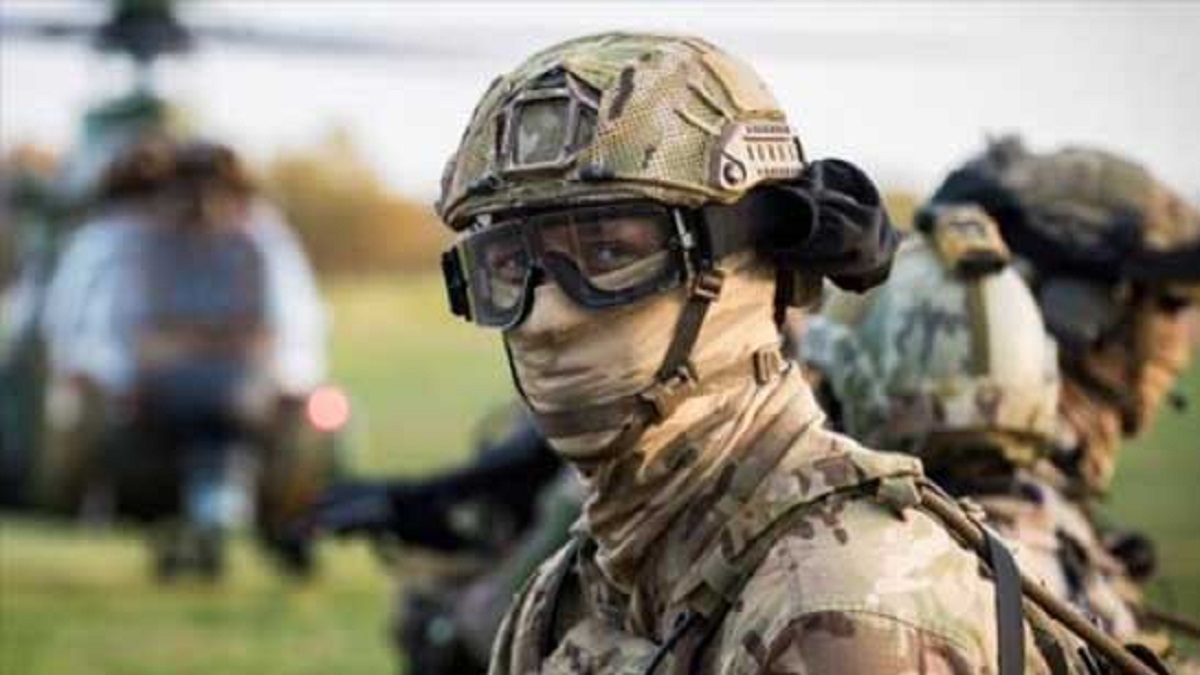What do you know about the British Special Air Service (SAS) and other special forces? You may be surprised to learn that they have been involved in covert operations in Nigeria and 18 other countries for more than a decade, without any public or parliamentary scrutiny.
This was confirmed by a report by Action on Gun Violence (AOAV), a research organisation, that compiled a list of their operations from 2011 to 2023. The report was based on media leaks and titled “Britain’s Special Forces on service in at least 19 countries since 2011”.
One of the operations was a failed attempt to rescue a British and an Italian hostage from an Islamist group in Nigeria in 2012. This was carried out by a group of SBS commandos who were part of the UK special forces.
The report also revealed that the British SAS have been active in countries such as Algeria, Estonia, France, Oman, Iraq, Kenya, Libya, Mali, Cyprus, Pakistan, Somalia, the Philippines, Russia, Syria, Ukraine, Yemen and Sudan. Some of these countries are facing civil wars, terrorist threats or political instability.
The SAS and other special forces have provided various types of support to these countries, such as training local soldiers, gathering intelligence, identifying targets, and conducting raids. For example, they helped the French military in their fight against jihadi groups in Mali. They also trained Nigerian, Moroccan and Cameroonian troops to deal with the rising violence in the Sahel region.
However, the report raised serious concerns about the transparency and accountability of these operations. Unlike regular troops, special forces do not need the approval of the UK ministers or the Commons to be deployed. They are also exempt from parliamentary scrutiny or investigation. This means that they can operate in secret and without any legal or ethical constraints.
The report cited several examples of how this secrecy can lead to problems. For instance, when Matt Tonroe, an SAS member, was killed in Syria in 2018, he was officially identified as a member of the Parachute Regiment. It was later revealed that he had died from friendly fire by a US soldier, not by an enemy bomb.
Another example is when former Prime Minister David Cameron allegedly gave the SAS “carte blanche” to arrest or kill Middle Eastern Islamic leaders after a terrorist attack in Tunisia in 2015 that killed 30 Britons.
The report also questioned why 50 UK special forces were present in Ukraine earlier this year, according to leaked Pentagon documents. The US and France had only 14 and 15 respectively. The purpose of their presence was not explained.
Iain Overton, the executive director of AOAV, said: “The extensive deployment of Britain’s Special Forces in numerous countries over the past decade raises serious concerns about transparency and democratic oversight. The lack of parliamentary approval and retrospective reviews for these missions is deeply troubling.”
The Ministry of Defence did not comment on the report directly but praised the work of the military personnel involved. It said that the operation included members of the Royal Marines, the RAF and the Parachute Regiment but did not mention special forces.
Special forces are known for their skills in extraction and hostage rescue missions.
